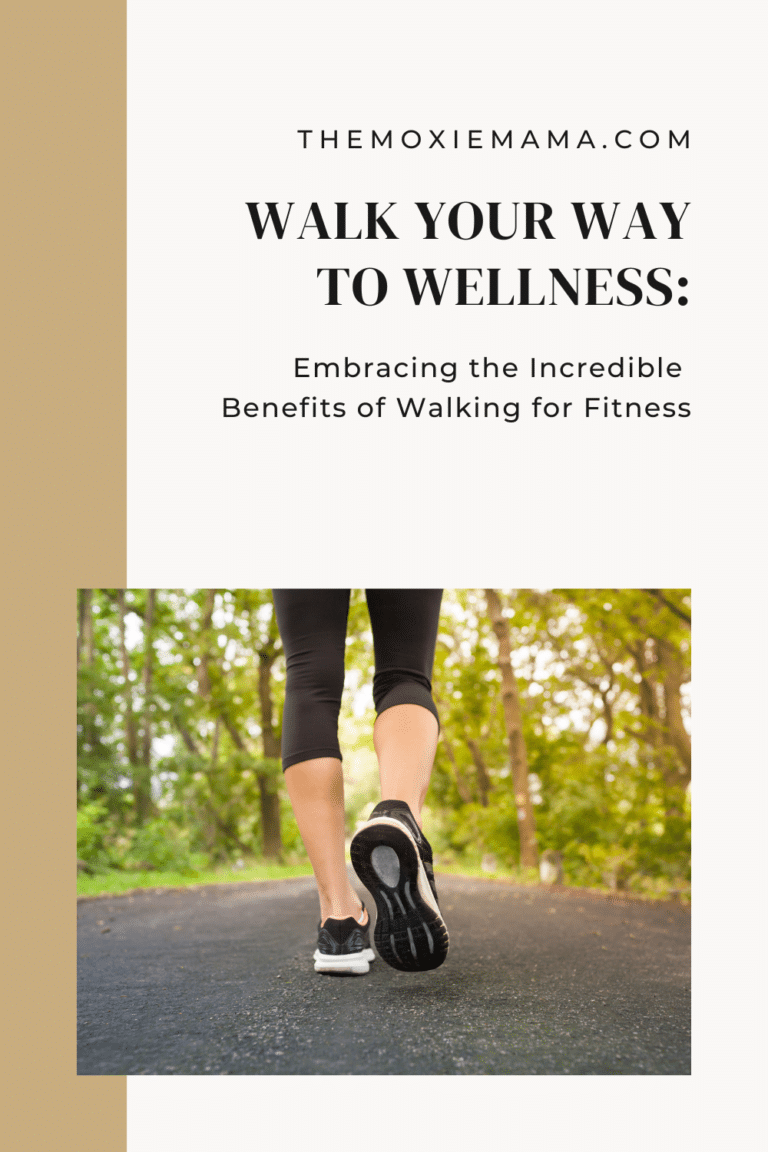Pandemic fatigue is a term that is used to describe the feeling of being worn out or tired from the ongoing effects of the COVID-19 pandemic. This can include things like being in social isolation, daily routine changes, worry and stress about the virus and staying healthy, and other issues related to the pandemic.
Pandemic fatigue can lead to a decrease in compliance with public health measures, like wearing masks and social distancing, and it can also have negative effects on your mental health. It is important for people to take care of themselves and find ways to cope with the ongoing challenges of the pandemic for the sake of preventing pandemic fatigue.

There are several things you can do to help recover from pandemic fatigue:
- Take care of your physical health: Make sure to get enough sleep, eat a healthy diet, and exercise regularly. These things can help boost your immune system and give you more energy to cope with the challenges of the pandemic.
- Take breaks from the news: Constantly staying updated on the latest news about the pandemic can be overwhelming and contribute to stress and anxiety. Take regular breaks from following the news and try to limit your exposure to negative or alarming information.
- Connect with others: The pandemic can be isolating, but it’s important to stay connected with friends, family, and loved ones. Consider using technology to stay in touch with people, or find safe ways to meet up with them in person.
- Find ways to relax and de-stress: Try activities that can help you relax and unwind, such as meditation, yoga, deep breathing, or listening to music. You could also try hobbies or activities that you enjoy, such as gardening, reading, or playing a sport.
- Seek professional help if you need it: If you’re feeling overwhelmed or struggling to cope with the effects of the pandemic, don’t hesitate to seek help from a mental health professional. They can provide support and guidance to help you manage your feelings and find ways to cope with pandemic fatigue.



